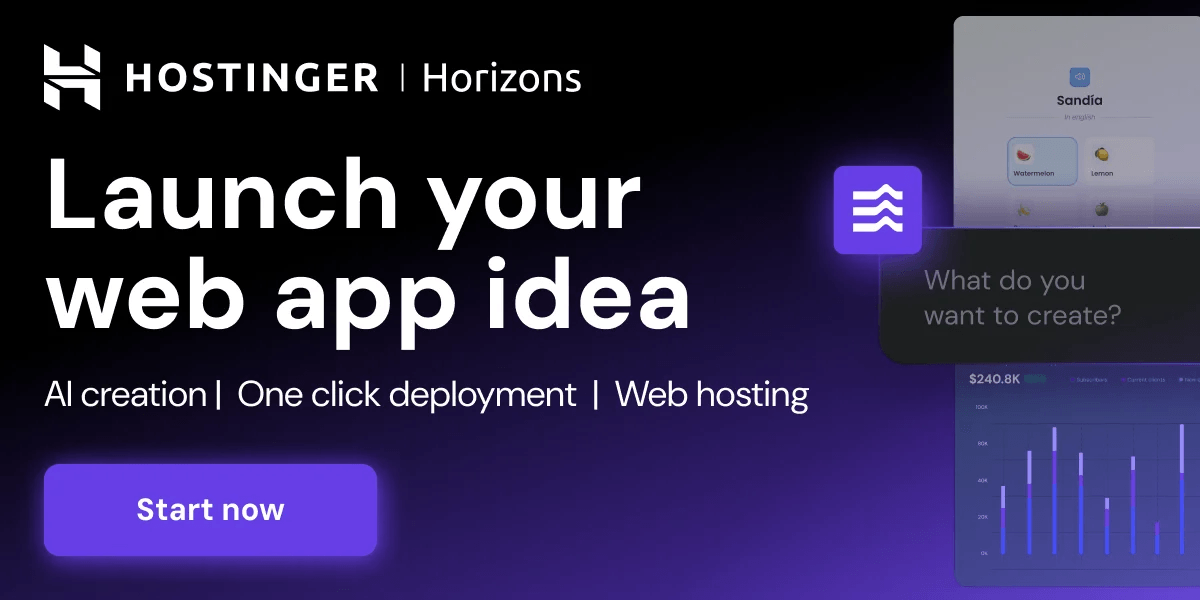Enterprises increasingly takes over agents -frameworks to create intelligent systems that can carry out complex tasks through chain tools, models and memory components. However, since companies build up these systems in several framework conditions, there are challenges in terms of interoperability, observability, performance profiling and workflow evaluation. Teams are often enclosed in certain frameworks, which makes it difficult to scale or reuse agents and tools in various contexts. In addition, debugging agents -workflows or the identification of inefficiencies without uniform profile and evaluation instruments are difficult. The lack of a standardized way of creating and monitoring these systems creates a significant bottleneck for AGILE AI development and preparation.
Nvidia has introduced AgentiqA light and flexible Python library that was developed to standardize agents workflows for frameworks, storage systems and data sources. Instead of replacing existing tools, Agentiq improves it and brings the composition, observability and reusability to the front of the AI system design. With Agentiq, every agent, every tool and every workflow is treated as a function call so that developers can mix and match components from various frameworks with minimal overhead. The publication aims to optimize the development and enable detailed profil creation and end-to-end rating between agent systems.
Agentiq is packed with functions that make it a convincing solution for developers and companies that build up complex agent systems:
- Framework Agnostic Design: Agentiq integrated seamlessly into all agent frames, e.g. In this way, teams can continue to use their current tools without repetition.
- Reusability and compositional ability: Any component, whether an agent, a tool or a workflow, is treated like a functional call, which can be reused, reused and combined in different configurations.
- Fast development: Developers can start with pre -built components and quickly adapt workflows to save time in system design and tests.
- Profil creation and bottlenecks detection: The integrated profiler enables detailed persecution of the token use, response times and hidden latencies at a detailed level and in the process of optimizing the system performance to the teams.
- Integration of the observability: Agentiq works with an opentelemetry-compatible observation platform that enables deep insights into the functioning of every part of the workflow functions.
- Evaluation system: A consistent and robust evaluation mechanism helps teams to validate and maintain the accuracy of both the retrieval-Augmented generation (RAG) and the end-to-end workflows (E2E).
- User interface: Agentiq contains a chat-based user interface for interaction between real time, output visualization and workflow debugging.
- MCP compatibility: Agentiq supports the model context protocol (MCP) and makes it easier to include tools that are hosted on MCP servers.
Agentiq is best described as a supplement to existing frameworks and not as a competitor. It is neither another agent framework and does not try to solve the communication of agent-to-agent. This remains the domain of protocols such as HTTP and GRPC. Agentiq must also replace according to observation platforms. Instead, it provides the hooks and telemetry data that the team prefers in which the team prefers. It connects and profiled multi-agent workflows unique, even if it is deeply nested, and an architecture based on functional architecture. It combines agents and tools that have been developed in various ecosystems and enables a robust evaluation and surveillance from a central perspective. Agentiq is also completely rejected; Depending on your requirements, users can integrate it into a tool, agent or entire workflow level at any level.
The design of Agentiq opens the door to several corporate applications. For example, a customer support system that was created with longchain and custom Python agent can be seamlessly integrated into analytics tools that are executed in the LAMA index or in the semantic core. Developers can carry out profil creation in order to determine which agent or tool causes a bottleneck in the workflow or uses too many tokens, and evaluate the reaction consistency and relevance of the system over time. The installation of Agentiq is uncomplicated. It supports Ubuntu and other Linux-based distributions, including WSL, and uses modern tools for Python's surrounding management. After cloning of the Github repository, users initialize sub -module, install Git -SLFs for data record treatment and create a virtual environment with `UV`. Developers can then install the complete agentiq library and plugins with `UV synchronization groups-all-extras 'or opt for core installation with' UV Sync`. Plugins such as “Langchain” or “Profiling” can be installed as required. The installation is checked using the commands “AIQ -Help” and “AIQ Restions”.
In summary, Agentiq represents a significant step towards modular, interoperable and observable active ingredient systems. The functionality as a uniform layer across frameworks and data sources enables the development teams to build sophisticated AI applications, without ensuring compatibility, performance or evaluation consistencies. The profileration functions, the evaluation system and the support of popular frameworks make it a critical instrument in the Arsenal of the AI developer. In addition, Agentiq's opti-in approach ensures that teams can start a small profile of just one tool or agent and scale according to the value. With future updates of the Roadmap, including the integration of NEMO -GUIKE integration, agent accelerations in cooperation with Dynamo and a data feedback loop, Agentiq is ready to become a fundamental layer in the development of Enterprise Agent. For every team that should build, monitor and optimize the AI-controlled workflows on a scale, Agentiq is the bridge that combines ideas with an efficient execution.
Checkout The Github page. All credit for this research applies to the researchers of this project. Feel free to follow us Twitter And don't forget to join our 85k+ ml subreddit.
🔥 [Register Now] Minicon Virtual Conference on Open Source KI: Free registration + participation certificate + 3 hours of short event (April 12, 9 a.m. to 12 p.m. PST) + Hands on workshop [Sponsored]
Asif Razzaq is the CEO of Marktechpost Media Inc. His latest endeavor is the introduction of a media platform for artificial intelligence, market cups, which is characterized by detailed reporting on machine learning and deep learning messages, which are technically good and easy to understand by a wide audience. The platform has 2 million monthly views and illustrates its popularity of the audience.

